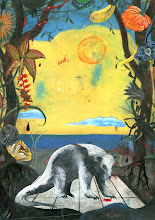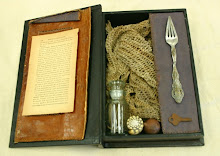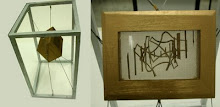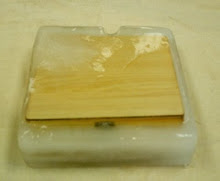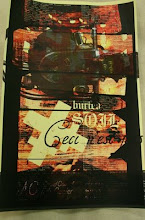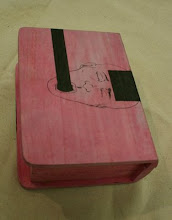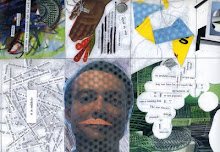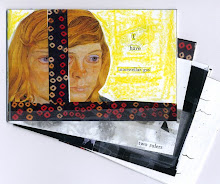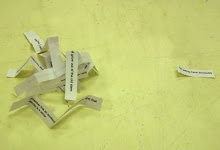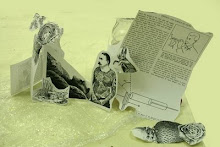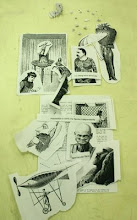"Untitled"
The bus, stopped and broken,
Taking space on the freeway side
As cars flew past and left
Exhaust and smoke that drifted through
Opened windows
To the people trapped inside.
They say it's a flat tire,
Said the man from Boston
Who knew no nonsense.
He looked outside then at his watch,
As a curse fell from his lips.
Engine trouble, said the Texan,
The heat barely bothering him,
As he gazed past the freeway
And imagine open spaces
Where the concrete stood.
I heard there was a crash,
Timidly voiced the girl from Iowa.
She was far from home
And wished that she could finish the letter
Written to her family in the East.
The fourth man said nothing,
His clothes and hat
Having no identity as his eyes focused
On cars and trucks.
He seemed content to sit and wait
Till whatever the problem was had passed.
He was not from anywhere,
And this bus would not be his last.
- Matt Glass





























































































